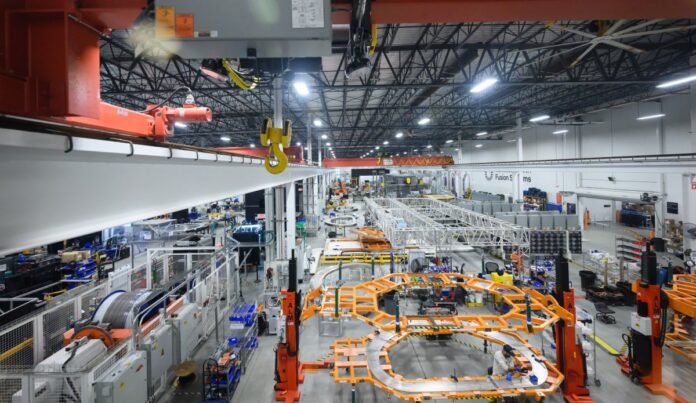Google announced on Monday that it will buy 200 megawatts of electricity from a fusion power plant currently under development by Commonwealth Fusion Systems (CFS), marking its first-ever power purchase agreement for fusion energy and underlining its long‑term clean‑energy strategy reuters.comaxios.com.
Corporate Backing for Unproven Technology
Under the agreement, Google will secure roughly half the output of CFS’s planned ARC reactor near Richmond, Virginia, which is slated to begin delivering power in the early 2030s techcrunch.com. At the same time, Google has injected new capital into CFS, matching its previous contribution from a $1.8 billion Series B round in 2021 reuters.combloomberg.com. Bob Mumgaard, CFS co‑founder and CEO, described this deal as a “very strong demand signal” that will help accelerate research and development toward a commercial‑scale plant.
Engineering Challenges Remain
Despite this vote of confidence, fusion technology still faces major hurdles before it can supply reliable power at scale. Google’s head of advanced energy, Michael Terrell, noted that “serious physics and engineering challenges” persist in confining plasma and sustaining net energy gain, but he argued that early investment is necessary to bring those solutions into reality axios.comreuters.com. CFS plans to complete its SPARC demonstration reactor in Massachusetts by 2026. The lessons learned there will guide the design and operation of ARC, which must overcome issues like material erosion, heat extraction, and continuous operation.
Growing Interest Amid Rising Power Demands
This 200 MW arrangement—comparable to a mid‑sized solar farm—reflects fusion’s growing appeal for companies racing to meet soaring electricity needs driven by data centers and AI systems reuters.combloomberg.com. In 2024, Google achieved 66 percent carbon‑free energy across its operations, but as its AI workloads expand, it expects demand to climb further and seeks “clean, firm” power sources that can run round‑the‑clock without emissions techcrunch.com. Microsoft signed a similar deal with fusion startup Helion Energy in 2023, and other tech giants are watching closely to see if fusion can transition from lab success to a dependable energy source.
Short Analysis
This deal signals that big tech is ready to shoulder risks on emerging clean‑energy platforms rather than wait for proven solutions. Google’s dual approach—buying future power and doubling down on investment—shows it values strategic positioning over near‑term returns. If CFS can clear its technical hurdles, corporate partners will likely queue up, driving costs down through scale. Yet fusion has tripped over optimism before; real progress will depend on tangible milestones at SPARC and beyond. In the coming years, watch for more granular updates on reactor performance and financing rounds to judge whether fusion moves from promise to power.

